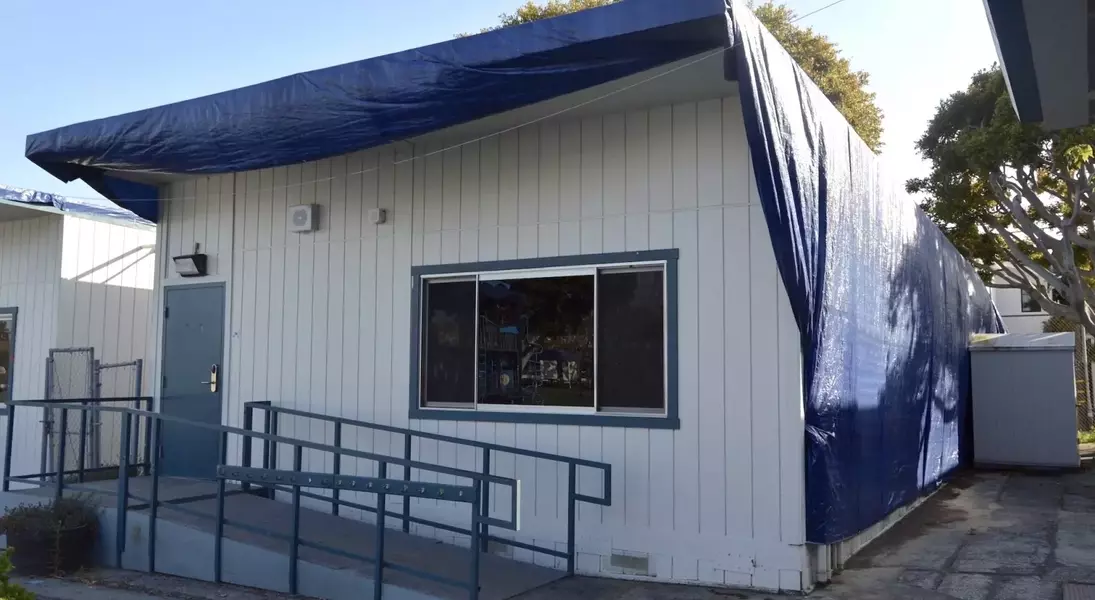Feeding the Future: How Universal Free School Meals are Transforming Education
In a remarkable shift, schools across the United States are embracing a groundbreaking initiative – universal free school meals. This policy, which provides breakfast and lunch at no cost to all students, is revolutionizing the way we approach education and student well-being. As more states adopt this transformative approach, the impact on academic performance, attendance, and overall student success is becoming increasingly evident.Unlocking the Potential of Every Child
Overcoming the Breakfast Barrier
Just a few years ago, the cafeteria in Vermont's Essex Westford School District was a "ghost town" in the mornings, as Scott Fay, the director of child nutrition, recalls. But now, with the implementation of universal free school meals, the cafeteria is bustling with activity. Students gather to talk, enjoy fresh baked goods, and complete their homework before the first bell rings. This remarkable transformation is a testament to the power of ensuring that every child has access to a nutritious start to the day.The impact of universal free school meals extends far beyond the cafeteria walls. In states that have adopted this policy, the number of students eating breakfast and lunch has skyrocketed. This surge in participation is a clear indicator of success, as it means fewer children are going hungry during the school day and families have more resources to allocate towards groceries at home.Addressing the Cost Conundrum
While the benefits of universal free school meals are undeniable, the implementation has not been without its challenges. Several states have found that the actual costs of these programs have exceeded initial budgetary estimates, raising concerns about long-term sustainability.The primary reason for the higher-than-expected costs is that more students are taking advantage of the free meals than anticipated. This is because many of the students who are now eating for free would have previously paid full price. As a result, states are now responsible for covering the tab for these additional meals.To address these budgetary concerns, states are taking proactive measures. They are signing up more schools for the federal program that provides the highest reimbursement rates, hiring consultants to help districts maximize their federal funding, and forming advisory groups to explore ways to reduce costs. While the financial impact is a valid concern, no state is considering abandoning the universal free school meals program due to these higher-than-expected costs.Fostering a Culture of Inclusion and Equity
The implementation of universal free school meals has had a profound impact on the culture and dynamics within school cafeterias. By eliminating the stigma associated with receiving free or reduced-price meals, the program has created a more inclusive and equitable environment for all students.Educators and state officials have observed a significant increase in breakfast and lunch participation, particularly among middle school students who often struggle to find the time or energy to eat before the school day begins. This surge in participation has led to logistical challenges, such as longer lines and concerns about students having enough time to eat. However, schools are adapting by exploring solutions like extended lunch periods and innovative serving methods.The financial benefits of universal free school meals extend beyond the individual student. Schools are now able to invest in higher-quality ingredients, offer a wider variety of menu options, and even hire specialized staff like dietitians to cater to students' dietary needs. This shift has not only improved the overall dining experience but has also fostered a greater sense of trust between families and the school district.Paving the Way for a Brighter Future
The success of universal free school meals has not gone unnoticed. Vice President Kamala Harris' selection of Minnesota Governor Tim Walz, a champion of this policy, as her running mate has brought additional attention to the transformative impact of this initiative.While the expansion of universal free school meals has been primarily driven by Democratic-controlled legislatures, the policy has the potential to transcend partisan lines. In some Republican-led states, lawmakers have taken steps towards expanding access to free meals, even if they have stopped short of a universal program.The road ahead is not without its challenges, as the long-term sustainability of these programs remains a concern. However, the overwhelming benefits of ensuring that every child has access to nutritious meals during the school day have proven to be a powerful motivator for policymakers and advocates alike.As the nation continues to grapple with the lingering effects of the pandemic and the ongoing struggle to address food insecurity, the universal free school meals program stands as a shining example of how strategic investments in education and student well-being can have far-reaching and transformative impacts. By nourishing the minds and bodies of our future leaders, we are paving the way for a brighter, more equitable tomorrow.

